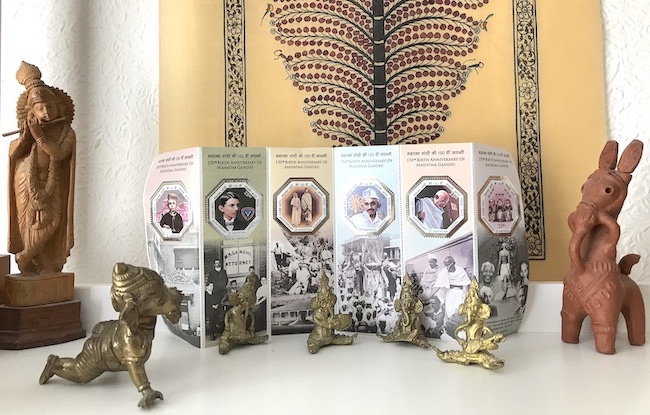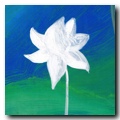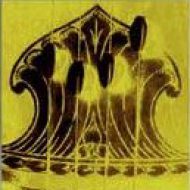
The challenge of going beyond a “narrow understanding of classical” music has long been debated among performers and musicologists; whether for the sake of creativity and self-expression or ideals like “serving society through music”, even harnessing the healing power of music where most needed.
So what about reconsidering all of this and more in the light of the following quote:
Mahatma Gandhi often said, ‘We shall consider music in a narrow sense to mean the ability to sing and play an instrument well, but, in its wider sense, true music is created only when life is attuned to a single tune and a single time beat. Music is born only where the strings of the heart are not out of tune.’

Let us, for a while, experience the joy of music in the light of a common ground, namely that of personal aspirations (like wanting to excel in a playful if not competitive spirit) and the quest for a shared “moral compass” Gandhi is known to have advocated all his life (what binds us together as responsible world citizens).
This seems a thought experiment worth performing, so here are a few suggestions for teachers, students and lovers of Carnatic music willing to take up the challenge:
Set some time apart in order to (1) explore and grasp the deeper meaning of each of the words and concepts marked bold in the above quote, first from a musical point of view; (2) jot down your findings and thoughts; then (3) discuss them with your teachers, parents or peers; (4) all along keep asking them and yourself whether Gandhi’s intuitive, personal understanding of how music in general should play a role in our lives, while actively engaging with a music that’s time proven as well as meaningful in our modern, hectic lives and rapidly changing societies; (5) possibly being exactly that in the sense of “healing through music”; (6) prompted by Gandhi, consider any one (or all) of these ideas in terms of a “response”, considering the extraordinary stress and tension faced on a daily basis (caused by the multiple crises some of us have to cope with).
It’s up to you to explore all this and more in the spirit of free thinking (*) and – if you like – share your thoughts with me >>
(*) inspired by the BBC Free Thinking podcast about ideas shaping our lives today – with leading artists and thinkers in extended interview and debate >>
For Gandhi, music — whether it was a bhajan like Vaishnava Janato or a patriotic song like Vande Mataram — was a means of development of the “moral self” – Basav Biradar in The Hindu >>
Up-to-date press coverage of person and topics
Periodicals and sites included | More resources | Disclaimer >>
Learn & practice more
A brief introduction to Carnatic music (with music examples and interactive map)
Bhava and Rasa explained by V. Premalatha
Free “flow” exercises on this website
Introduction (values in the light of modernity)
Video | Keeping tala with hand gestures: Adi (8 beats) & Misra chapu (7 beats)
Why Carnatic Music Matters More Than Ever
Worldcat.org book and journal search (including Open Access)
